
Discover the Charm of Raanana: Israel's Green Oasis
Welcome to Raanana, a picturesque city located in the heart of Israel's Sharon region. Known for its lush parks, vibrant cultural scene, and warm community, Raanana offers a unique blend of modern amenities and natural beauty. This charming city provides a tranquil retreat from the bustling life of nearby metropolises, making it an ideal destination for tourists seeking both relaxation and adventure. Stroll through the city's numerous parks and gardens, such as the sprawling Raanana Park, where you can enjoy serene lakes, walking trails, and playgrounds. The park also hosts various cultural events and festivals throughout the year, providing a perfect glimpse into the local lifestyle. Art enthusiasts will appreciate a visit to the Raanana Music and Arts Center, a hub for performances and exhibitions that showcase both local and international talent. Raanana's culinary scene is equally impressive, with a wide array of dining options that cater to all tastes. From cozy cafes serving up Israeli classics to upscale restaurants offering gourmet international cuisine, there's something to satisfy every palate. Don't miss the chance to explore the city's bustling markets, where you can sample fresh produce, artisanal goods, and local delicacies. For those interested in history and culture, Raanana offers several attractions that provide insight into the city's rich heritage. The Founders' Museum and the Raanana House Museum are must-visits, offering a fascinating look at the city's development and the stories of its early settlers. Additionally, the city's friendly atmosphere and well-maintained infrastructure make it easy for tourists to navigate and enjoy all that Raanana has to offer.
Local tips in Raanana
- Visit Raanana Park early in the morning or late afternoon to avoid the midday heat and enjoy a peaceful stroll.
- Check the local event calendar for cultural performances at the Raanana Music and Arts Center.
- Try the local produce at the Raanana Farmers' Market, held every Friday.
- Use the city's well-connected public transport system for easy access to nearby attractions and cities.
- Learn a few basic Hebrew phrases to enhance your interactions with the friendly locals.
Discover the Charm of Raanana: Israel's Green Oasis
Welcome to Raanana, a picturesque city located in the heart of Israel's Sharon region. Known for its lush parks, vibrant cultural scene, and warm community, Raanana offers a unique blend of modern amenities and natural beauty. This charming city provides a tranquil retreat from the bustling life of nearby metropolises, making it an ideal destination for tourists seeking both relaxation and adventure. Stroll through the city's numerous parks and gardens, such as the sprawling Raanana Park, where you can enjoy serene lakes, walking trails, and playgrounds. The park also hosts various cultural events and festivals throughout the year, providing a perfect glimpse into the local lifestyle. Art enthusiasts will appreciate a visit to the Raanana Music and Arts Center, a hub for performances and exhibitions that showcase both local and international talent. Raanana's culinary scene is equally impressive, with a wide array of dining options that cater to all tastes. From cozy cafes serving up Israeli classics to upscale restaurants offering gourmet international cuisine, there's something to satisfy every palate. Don't miss the chance to explore the city's bustling markets, where you can sample fresh produce, artisanal goods, and local delicacies. For those interested in history and culture, Raanana offers several attractions that provide insight into the city's rich heritage. The Founders' Museum and the Raanana House Museum are must-visits, offering a fascinating look at the city's development and the stories of its early settlers. Additionally, the city's friendly atmosphere and well-maintained infrastructure make it easy for tourists to navigate and enjoy all that Raanana has to offer.
When is the best time to go to Raanana?
Iconic landmarks you can’t miss
Ra'anana Park
Discover Ra'anana Park - a lush urban paradise filled with fun, relaxation, and community spirit, perfect for tourists seeking nature and adventure.
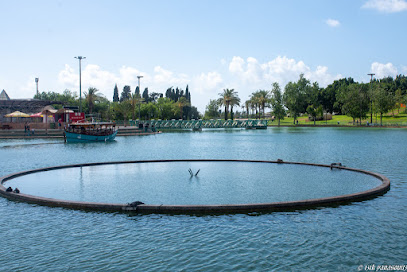
Renanim
Discover the vibrant Renanim Shopping Mall in Ra'anana, where shopping, dining, and entertainment come together for an unforgettable experience.
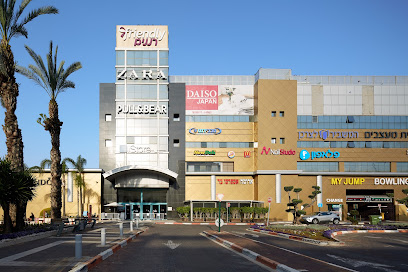
Raanana Park Amphitheater
Experience the cultural heartbeat of Ra'anana at the beautiful Raanana Park Amphitheater, where nature and entertainment unite in perfect harmony.
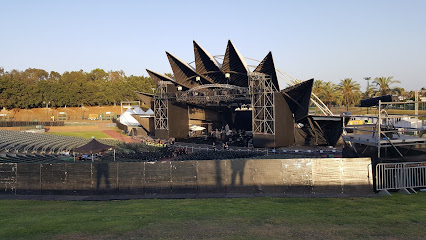
Sky Jump
Experience thrilling adventures at Sky Jump, Ra'anana's premier children's amusement center and athletic park, perfect for family fun and fitness.
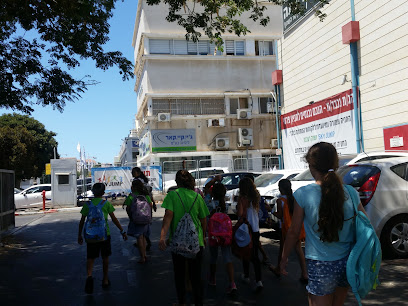
Laser Street
Unleash your competitive spirit at Laser Street, Ra'anana's premier laser tag center, where excitement and adventure await for all ages.
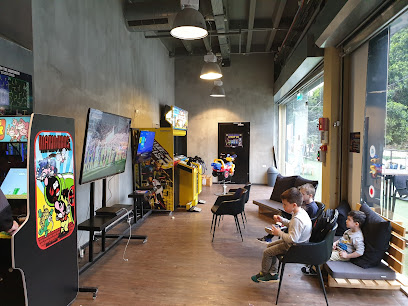
Park Ra’anana
Explore the lush greenery and vibrant atmosphere of Park Ra'anana, an urban retreat perfect for relaxation and family fun in Israel.
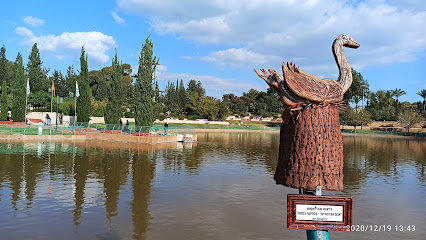
Restored Garbage Mountain
Explore Restored Garbage Mountain, a stunning eco-friendly masterpiece in Ra'anana, offering breathtaking views, lush landscapes, and a commitment to sustainability.
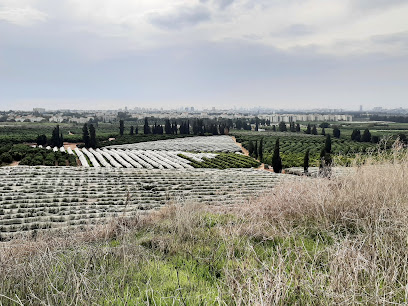
Kliyat Yerushalmi
Discover the flavors of Israel at Kliyat Yerushalmi in Ra'anana, offering a diverse selection of premium dried fruits and local grocery items for every palate.
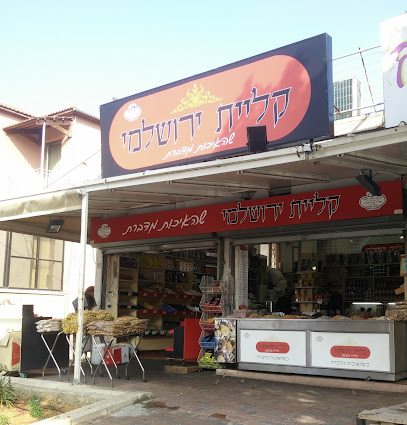
Ra'anana Park Lake
Experience tranquility at Ra'anana Park Lake, a picturesque urban oasis perfect for relaxation, recreation, and family fun.
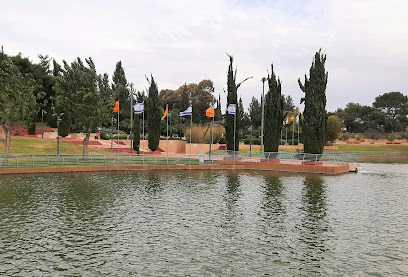
Gondolier
Discover the beauty of Gondolier in Ra'anana, Israel – a tranquil park combining nature, recreation, and relaxation for an unforgettable experience.
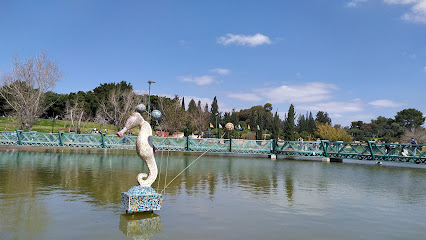
Raanana City Hall
Explore Raanana City Hall, a cultural landmark showcasing modern architecture and local heritage in the heart of Ra'anana, Israel.
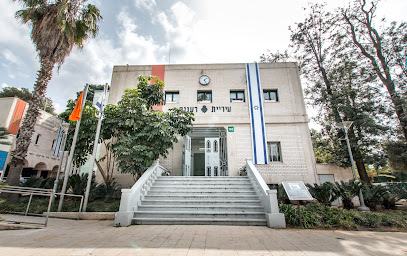
Lechu Neranena Synagogue
Discover the spiritual essence of Ra'anana at Lechu Neranena Synagogue, a serene sanctuary reflecting rich Jewish traditions and community spirit.
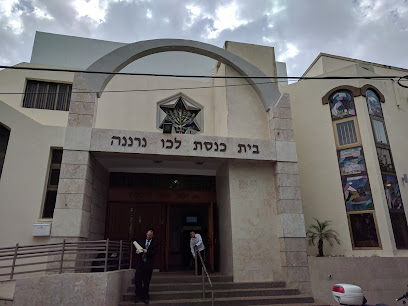
New cemetery - Kfar Nachman
Explore the tranquil beauty and rich history of Kfar Nachman Cemetery in Ra'anana, a unique destination for reflection and cultural appreciation.
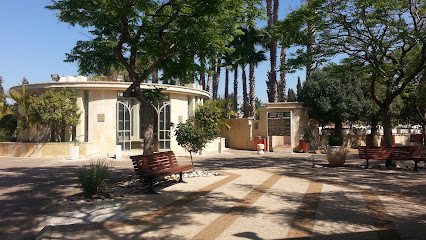
Palace Ra'anana
Experience the calming atmosphere of Palace Ra'anana, an assisted living facility offering serene gardens, attentive staff, and a welcoming environment for relaxation.
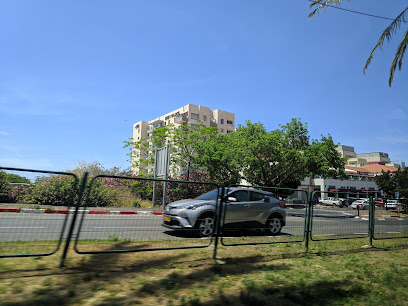
Ra'anana South
Experience the vibrant pulse of Israeli life at Ra'anana South Train Station, your gateway to the rich culture and attractions of Kefar Sava and beyond.
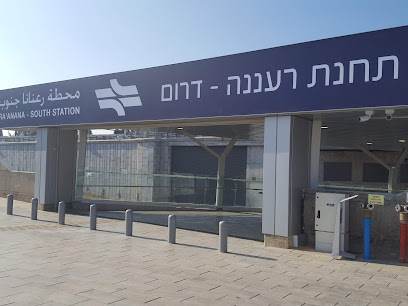
Unmissable attractions to see
Caesarea National Park
Discover the rich history and stunning beauty of Caesarea National Park, a captivating blend of ancient ruins and breathtaking Mediterranean landscapes.
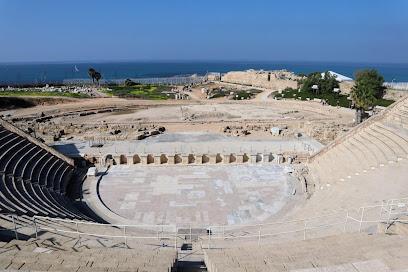
Yarkon Park
Discover the serene beauty and recreational opportunities of Yarkon Park, a must-visit destination for nature lovers in Tel Aviv.
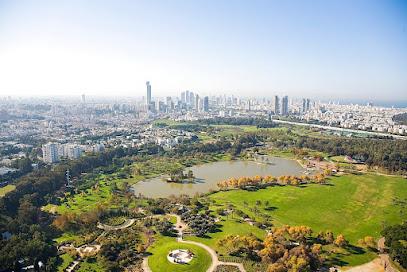
Jaffa Flea Market
Explore the Jaffa Flea Market for unique antiques, local crafts, and delicious street food in Tel Aviv's historic district.
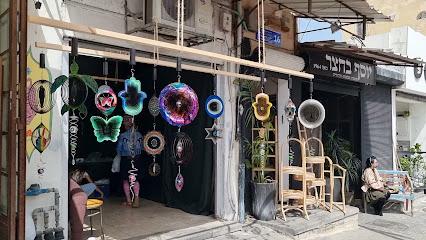
The Clock Tower
Explore the historical splendor of The Clock Tower in Tel Aviv-Yafo, where the past meets the vibrant present in a bustling urban landscape.
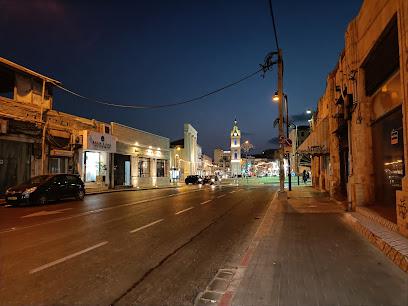
Tel Aviv Museum of Art
Discover the vibrant artistic spirit of Tel Aviv at the Tel Aviv Museum of Art, featuring an impressive collection of local and international masterpieces.
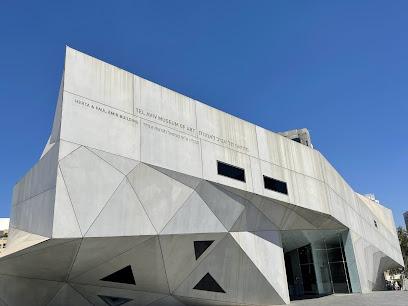
Park HaTachana
Discover the rich history and vibrant culture of Tel Aviv at Park HaTachana, a former train station turned lively hub for shopping, dining, and art.
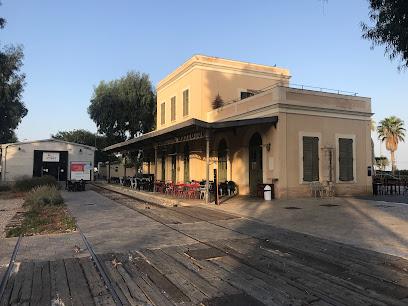
Levinski Market
Explore Levinski Market in Tel Aviv: A vibrant culinary market offering fresh produce, gourmet foods, and a taste of local culture.
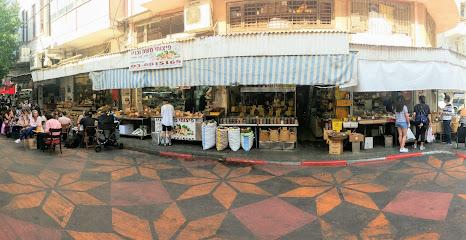
Ramat Hanadiv
Explore Ramat Hanadiv: A serene memorial park in Zikhron Ya'akov, blending stunning landscapes with rich history, perfect for outdoor enthusiasts and families.
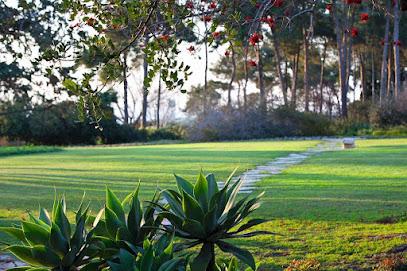
HaBima Square
Explore HaBima Square, a lush urban oasis in Tel Aviv-Yafo, where art meets nature and culture thrives in a vibrant community setting.
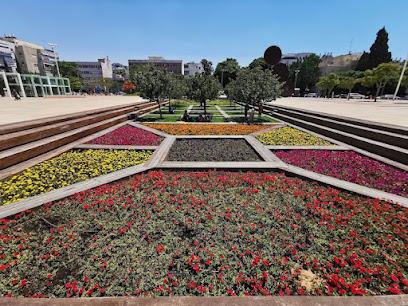
Tel Aviv Port
Experience the lively atmosphere of Tel Aviv Port, where culture, cuisine, and stunning Mediterranean views come together in perfect harmony.
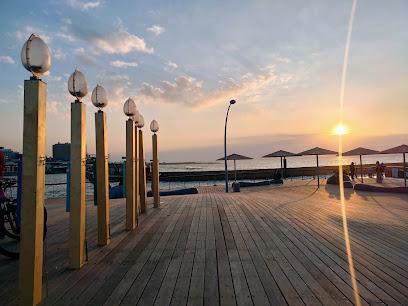
ANU Museum of the Jewish People
Explore the rich history and vibrant culture of the Jewish people at the ANU Museum of the Jewish People in Tel Aviv-Yafo, where heritage meets art.
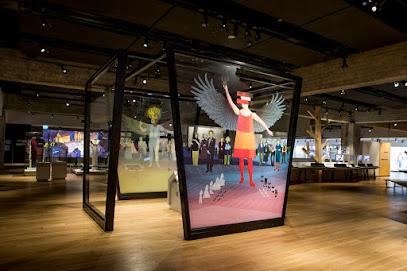
Apollonia National Park
Explore the captivating blend of history and nature at Apollonia National Park, where ancient ruins meet stunning Mediterranean views.
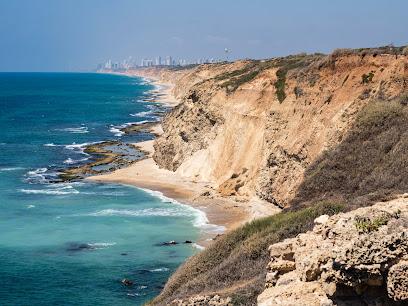
Midron Yaffo Park
Discover the tranquil beauty of Midron Yaffo Park, a coastal haven in Tel Aviv-Yafo that offers stunning views, lush greenery, and a perfect escape for relaxation.
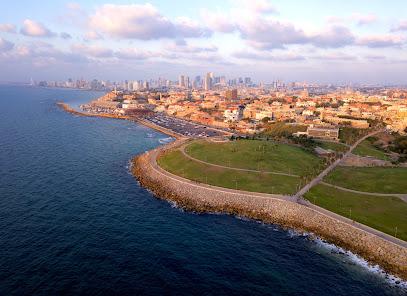
Eretz Israel Museum
Explore the Eretz Israel Museum in Tel Aviv-Yafo, a captivating journey through Israel's rich cultural and historical heritage with diverse exhibits and beautiful grounds.
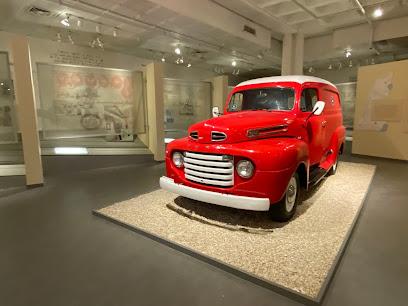
Bezalel Market
Discover the vibrant Bezalel Market in Tel Aviv, where local flavors, artisanal crafts, and cultural experiences await every visitor.
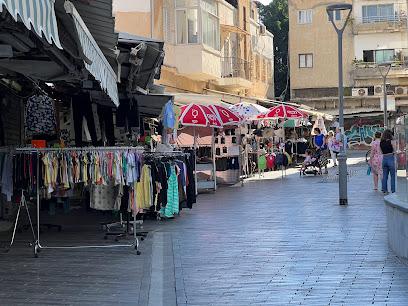
Essential places to dine
Makom Balev
Experience culinary delights at Makom Balev in Ra'anana - where exquisite flavors meet inviting ambiance.
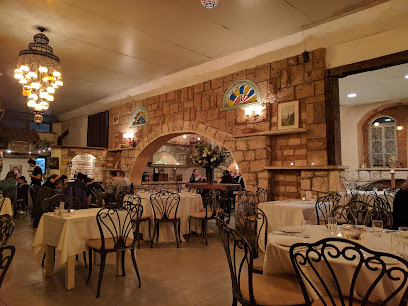
Buckaroo
Discover the vibrant flavors of barbecue at Buckaroo in Ra'anana – a culinary delight that promises an unforgettable dining experience.
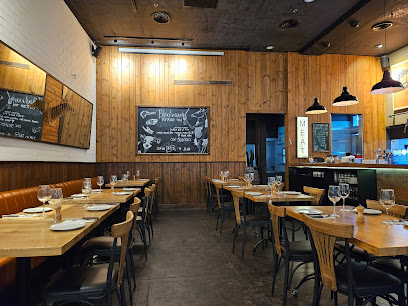
Pazzo - Pizza Party | פיצה פאצו
Experience culinary bliss at Pazzo - where delicious pizzas meet vibrant cocktails in Ra'anana's lively dining scene.
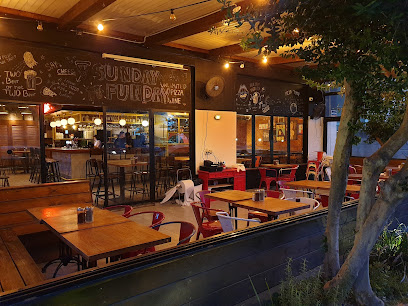
BBB
Experience mouthwatering burgers at BBB in Ra'anana Mall – where quality meets flavor in every bite.
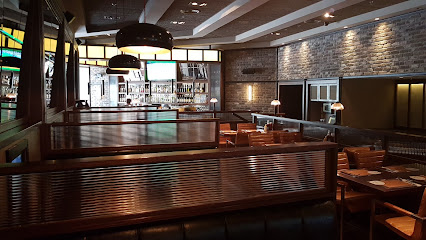
Brasserie Kazan
Discover culinary excellence at Brasserie Kazan in Ra'anana—where every meal is a celebration of flavor and hospitality.
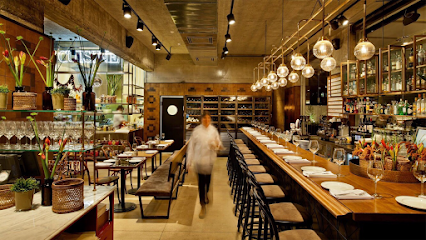
Salta
Experience the vibrant flavors of kosher cuisine at Salta in Ra'anana - where tradition meets culinary innovation.
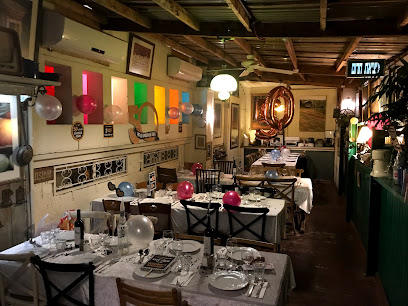
Jem's Beer Factory
Discover Jem's Beer Factory: A Kosher Bar in Ra'anana Offering Fresh Brews and Delicious Dishes in a Vibrant Atmosphere.
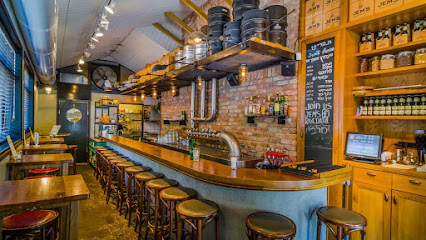
Oldies Pancake Bar - אולדיס פנקייק בר רעננה
Savor the best pancakes and delightful breakfasts at Oldies Pancake Bar in Ra'anana – where every bite is a celebration of flavor.
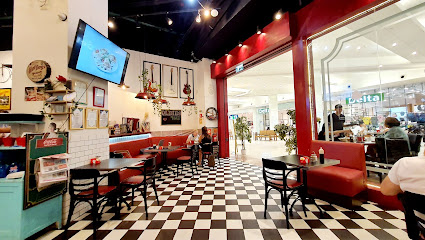
Murphy's Bar, Ra'anana מרפיס
Discover Murphy's Bar in Ra'anana - A lively kosher bar & grill offering delicious meals and an inviting atmosphere perfect for social gatherings.
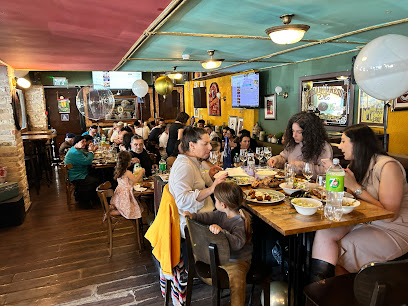
מסעדה | קייטרינג | Pastaria Pasta Bar
Discover authentic Italian flavors at Pastaria Pasta Bar in Ra'anana - where every dish tells a delicious story.
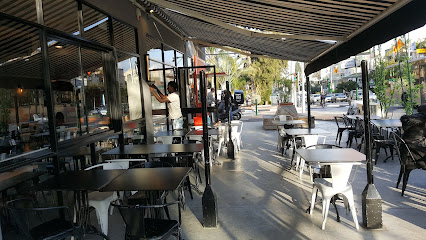
Burger Station Raanana
Discover the ultimate burger experience at Burger Station Raanana – where flavor meets quality in every bite!
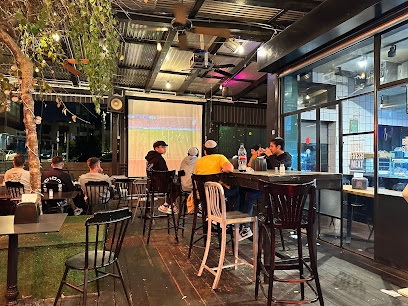
Joya
Experience authentic Italian flavors at Joya in Ra'anana - where every meal is a celebration of culinary tradition.
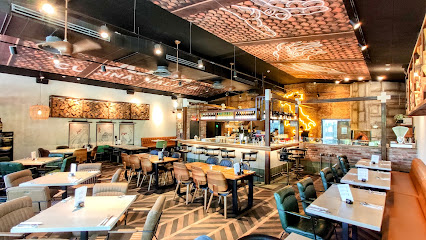
Kipa Aduma
Experience the best of kosher fast food at Kipa Aduma in Ra'anana – where flavor meets tradition in every bite!
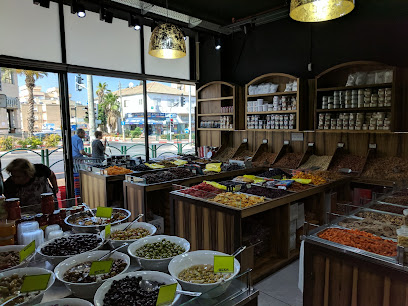
Bleecker Bakery
Experience the delightful flavors of Bleecker Bakery in Ra'anana – where tradition meets innovation in every bite.
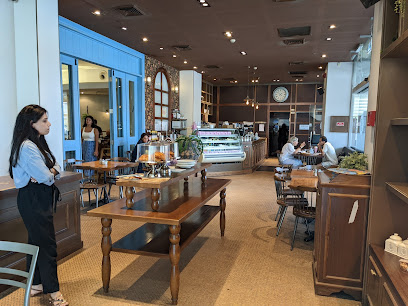
עזיזה
Discover Aziza in Ra'anana: where fast food meets local flavor in an inviting atmosphere perfect for every traveler.
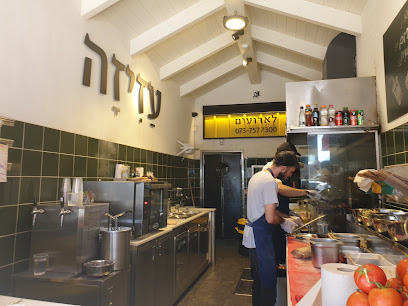
Markets, malls and hidden boutiques
Renanim
Discover an unparalleled shopping experience at Renanim Mall, where modern retail meets diverse dining and family-friendly entertainment in Ra'anana.
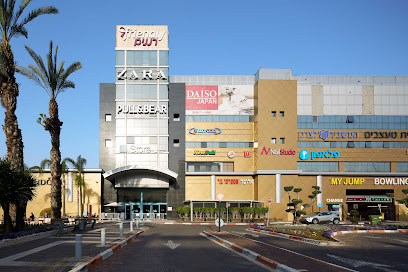
Mall Park
Discover the best shopping, dining, and entertainment at Mall Park in Ra'anana, where every visit is a delightful experience.
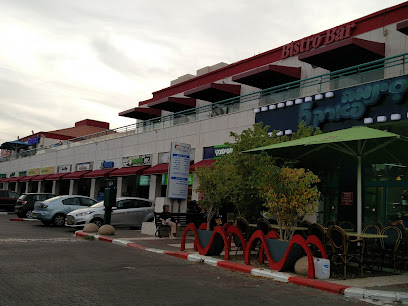
Aqvarel
Aqvarel in Ra'anana: Your ultimate destination for art supplies, fabrics, and creative inspiration in Israel.
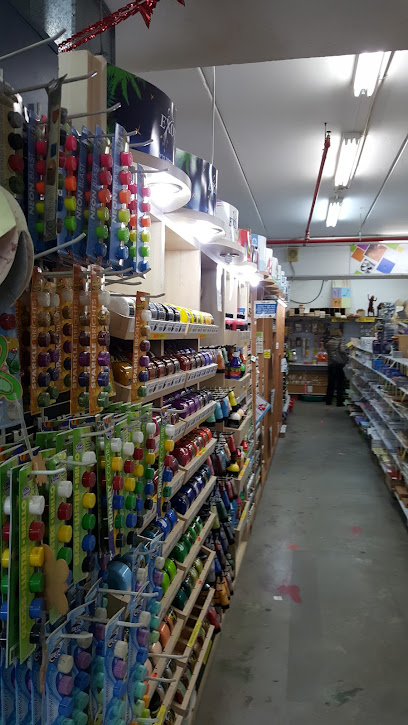
Kley Zemer Raanana
Explore Kley Zemer Raanana, your ultimate music store for instruments, audio equipment, and expert repair services in the heart of Ra'anana.
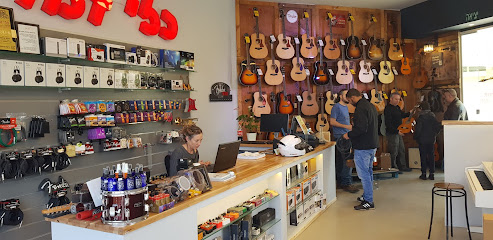
Truffe Deli
Explore Truffe Deli in Ra'anana for gourmet delights, artisan cheeses, and exquisite wines that capture the essence of local culinary culture.
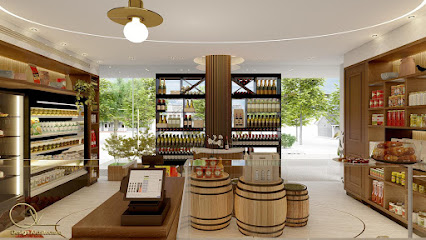
Watch Show Ra'anana - Official Rolex Retailer
Discover luxury and precision at Watch Show Ra'anana, the official Rolex retailer offering exquisite timepieces in a sophisticated setting.
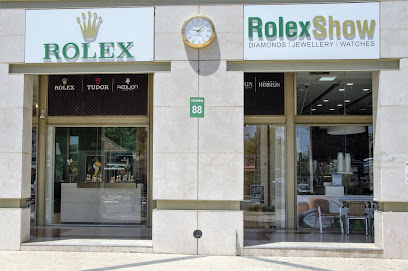
חנות און ליין ליודאיקה ואומנות יהודית
Discover exquisite Judaica and Jewish art at Ra'anana's premier online store, offering handcrafted treasures that celebrate heritage and artistry.
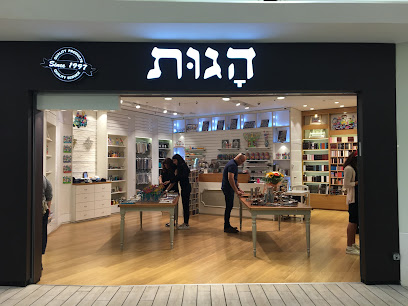
Sheynushka
Explore Sheynushka in Ra'anana for an eco-friendly shopping experience with unique, pre-loved clothing options that redefine your wardrobe.
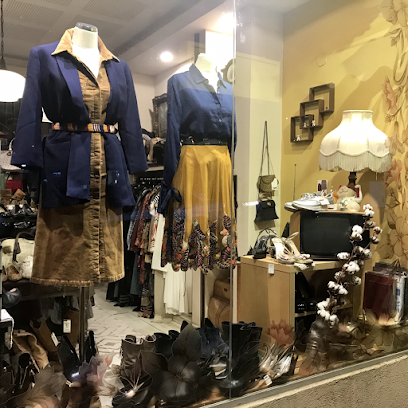
ריקושט - רעננה - Rikushet
Explore the great outdoors with Rikushet in Ra'anana, your ultimate destination for outdoor sports gear and expert advice.
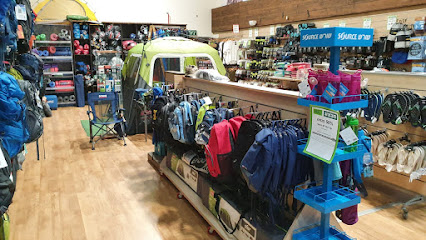
אליזבת הראשונה חנות יד שניה
Discover vintage gems and sustainable shopping at Elizabeth I Second-Hand Shop in Ra'anana—your gateway to unique finds and local charm.
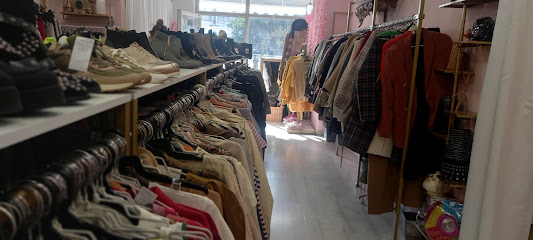
Big deal
Explore Big Deal in Ra'anana for a unique shopping experience filled with home goods, decor, and essentials that capture the essence of local craftsmanship.
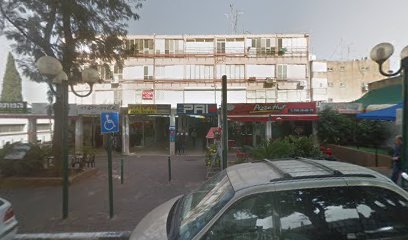
Neve Zemer Mall
Explore Neve Zemer Mall in Ra'anana for a unique shopping experience with a blend of local culture, delicious kosher dining, and vibrant atmosphere.
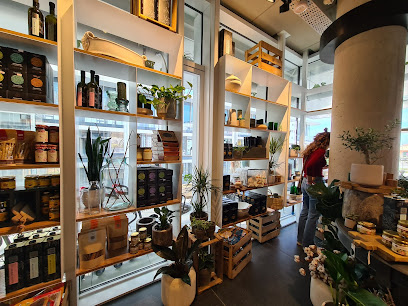
H&M
Explore H&M in Ra'anana for the latest fashion trends at affordable prices for the whole family.
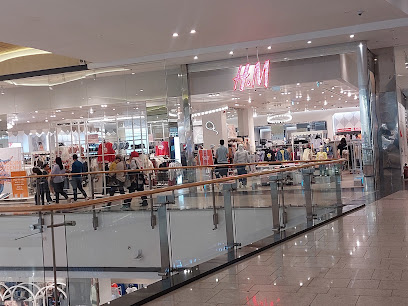
The Gourmet Yarn Shop
Discover the vibrant world of yarn at The Gourmet Yarn Shop in Ra'anana, where creativity and community come together for all knitters and crocheters.
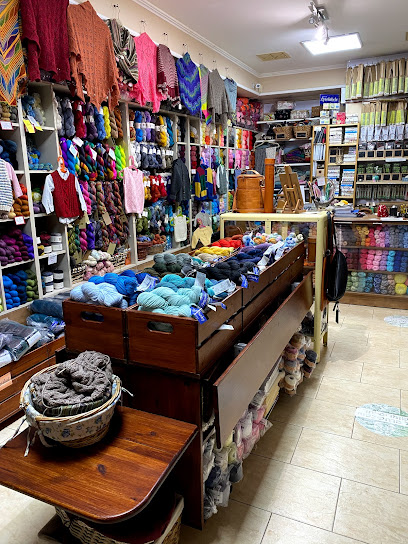
Boutique Central
Discover Boutique Central, Ra'anana's premier patisserie, where sweet dreams come true with exquisite pastries and delightful desserts.
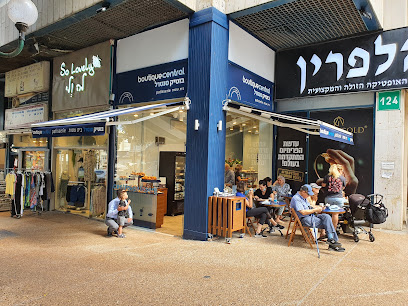
Essential bars & hidden hideouts
Pazzo - Pizza Party | פיצה פאצו
Experience the best of Italian cuisine at Pazzo in Ra'anana, where delicious pizzas and refreshing cocktails await in a vibrant atmosphere.
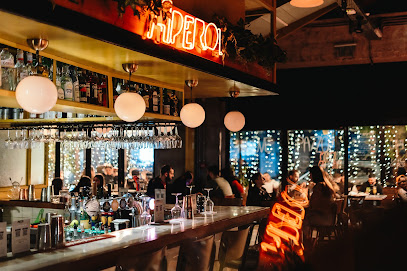
Jem's Beer Factory
Discover the essence of Israeli craft beer and kosher cuisine at Jem's Beer Factory in Ra'anana, where flavor meets community in a vibrant atmosphere.
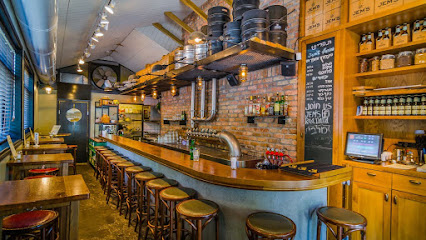
Murphy's Bar, Ra'anana מרפיס
Discover Murphy's Bar in Ra'anana – a vibrant kosher bar & grill offering a perfect blend of local cuisine and lively nightlife.
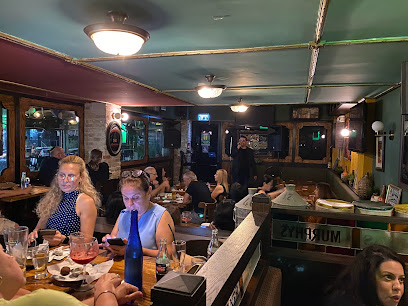
רופטופ סקיי בר רעננה | Rooftop Sky Bar
Experience the vibrant nightlife at Rooftop Sky Bar in Ra'anana, where stunning views meet exquisite cocktails and delightful bites.
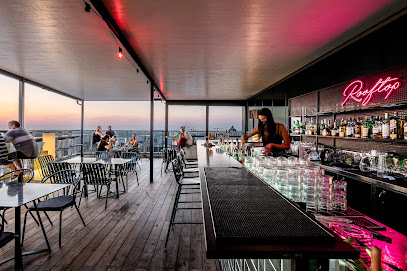
BFF
Experience the best of grilled delights at BFF in Ra'anana, where vibrant flavors and a cozy atmosphere come together for a memorable dining experience.
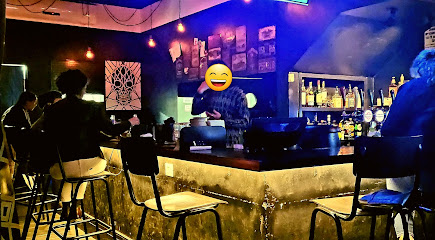
Tusha
Experience the vibrant nightlife of Ra'anana at Tusha, a lively bar and restaurant offering delicious food and a welcoming atmosphere.
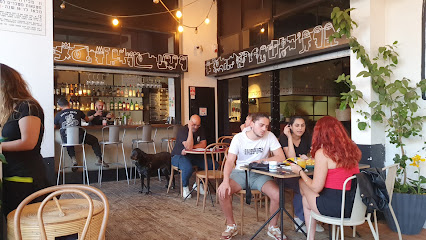
Poke Bar
Experience the fresh and vibrant taste of Hawaiian poke at Poke Bar in Ra'anana, where quality ingredients meet customizable bowls.
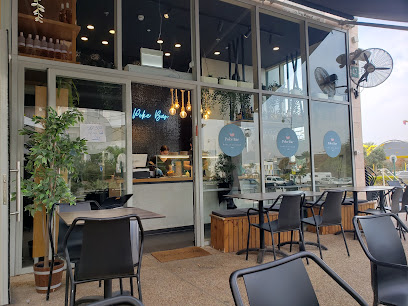
בית הבירה
Discover the lively atmosphere of בית הבירה, a top bar in Ra'anana offering a wide selection of drinks and a vibrant nightlife experience.
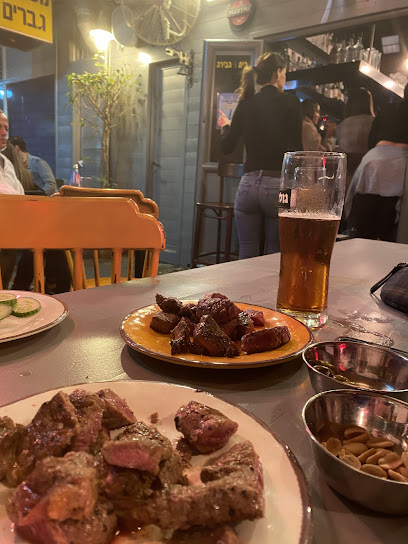
רמבר
Immerse yourself in Ra'anana's nightlife at Rambam Bar, where cocktails, tapas, and a vibrant atmosphere await every evening.
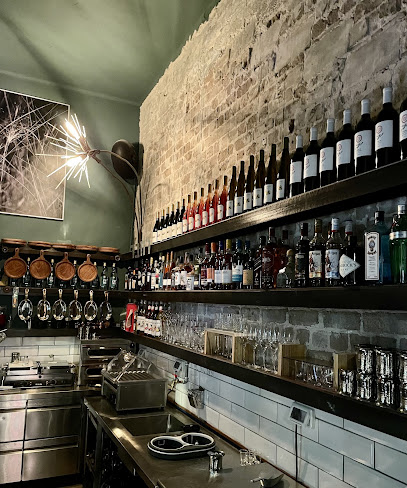
La Mano Bar
Discover the lively nightlife of Ra'anana at La Mano Bar, where great drinks and vibrant ambiance meet.
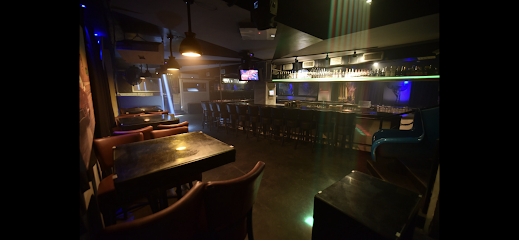
Element רעננה
Element רעננה offers a delightful fusion of tapas and wine, perfect for an unforgettable dining experience in Ra'anana.
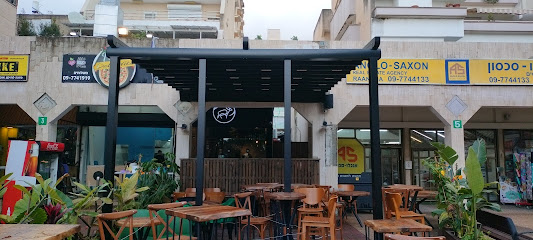
בר השובך
Discover Bar HaShovach: Ra'anana's Premier Bar for Craft Cocktails and Unforgettable Nights Out
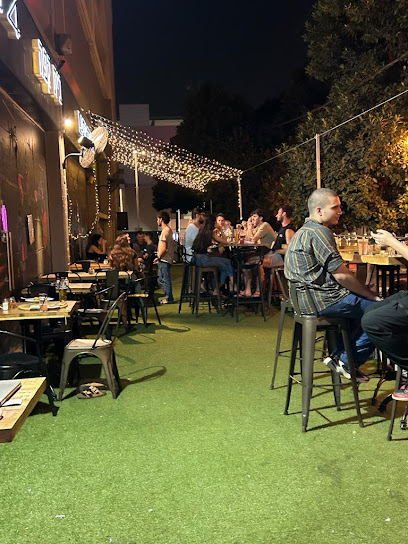
חושבה
Discover the vibrant nightlife of Ra'anana at חושבה, a local bar offering crafted drinks and a welcoming atmosphere.
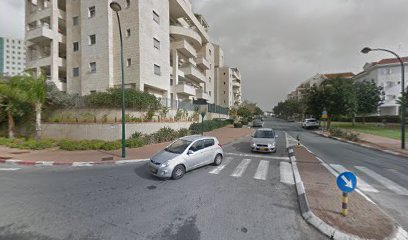
הא ודא HaVeDa - אהבה ליין ואלכוהול
Explore an exquisite selection of wines and enjoy a cozy atmosphere at HaVeDa, Ra'anana's premier wine store and bar.
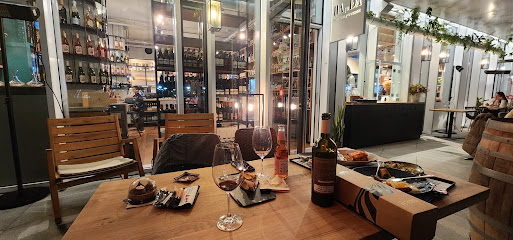
Lava Bar
Discover the vibrant atmosphere of Lava Bar in Ra'anana, where exquisite drinks and delightful bites await in a chic setting.
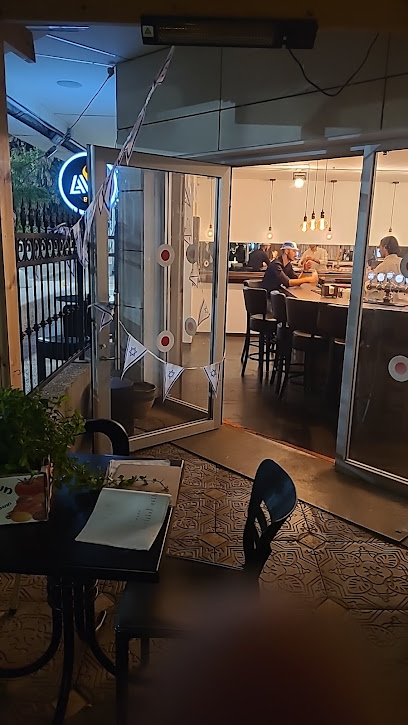
Local Phrases
-
- Helloשָׁלוֹם
[shālōm] - Goodbyeלְהֵיתֵר
[lehetēr] - Yesכֵּן
[kēn] - Noלֹא
[lō] - Please/You're welcomeבְּבַקָשָׁה
[bəvaqāshā] - Thank youתּוֹדָה
[tōdāh] - Excuse me/Sorryסְלִיחָה
[səlīḥāh] - How are you?אֵיך אַתָה?
[ēkh 'athā] - Fine. And you?טוֹב. ואתה?
[ṭōv. v'athā] - Do you speak English?אַתָּה מְדַבֵּר אנגלית?
['athā mdabbēr anglīt?] - I don't understandאֲנִי לֹא מֵבִין
['anī lō mēbīn]
- Helloשָׁלוֹם
-
- I'd like to see the menu, pleaseאֲנִי רוֹצֶה לִרְאוֹת אֶת הַתַפְרִיט בְּבַקָשָׁה
['anī rōṣeh lir'ōt 'et hatap'rīt bəvaqāshā] - I don't eat meatאֲנִי לֹא אוֹכֵל בָּשָׂר
['anī lō 'ōkhēl bāsār] - Cheers!לְחַיִּים!
[lehāyīm!] - I would like to pay, pleaseאֲנִי רוֹצֶה לְשַׁלֵּם, בְּבַקָשָׁה
['anī rōṣeh ləshallēm, bəvaqāshā]
- I'd like to see the menu, pleaseאֲנִי רוֹצֶה לִרְאוֹת אֶת הַתַפְרִיט בְּבַקָשָׁה
-
- Help!עֶזְרָה!
['ezrāh!] - Go away!לְךָ לְמָקוֹם אַחֵר!
[ləkhā ləmāqōm 'aḥēr!] - Call the Police!קְרָא לַמִּשְׁטָרָה!
[qrā lamishtārāh!] - Call a doctor!קְרָא לַרוֹפֵא!
[qrā larōfē'!] - I'm lostאֲנִי אָבוּד
['anī 'āvūd] - I'm illאֲנִי חוֹלֶה
['anī ḥōlēh]
- Help!עֶזְרָה!
-
- I'd like to buy...אֲנִי רוֹצֶה לִקְנוֹת...
['anī rōṣeh lik'not...] - I'm just lookingאֲנִי רַק רוֹאֶה
['anī raq rō'eh] - How much is it?כַּמָּה זֶה עוֹלֶה?
[kammāh zeh 'ōleh?] - That's too expensiveזֶה יְקָר מִדַּי
[zeh yiqār miday] - Can you lower the price?אַתָּה יָכוֹל לְהוֹרִיד אֶת הַמְּחִיר?
['athā yākhōl ləhōrīd 'et hamməkhīr?]
- I'd like to buy...אֲנִי רוֹצֶה לִקְנוֹת...
-
- What time is it?כָּמָה הַשָׁעָה?
[kammāh hashā'āh?] - It's one o'clockהִיא בשְׁעַה אַחַת
[hī' bəsh'ah 'aḥat] - Half past (10)מֵחֲצִי (עֶשֶׂר)
[mēḥaṣī ('eser)] - Morningבֹּקֶר
[bōqēr] - Afternoonצָהֳרַיִם
[tzōhōrayim] - Eveningעֶרֶב
['erev] - Yesterdayאֶתְמוֹל
['etmōl] - Todayהַיוֹם
[hayōm] - Tomorrowמָחָר
[māḥar] - 1אֶחָד
['eḥād] - 2שְׁנַיִם
[sh'nayim] - 3שָׁלוֹשָׁה
[shālōshāh] - 4אַרְבָּעָה
['arbā'āh] - 5חֲמִשָׁה
[ḥamishāh] - 6שִׁשָׁה
[shishāh] - 7שִׁבְעָה
[shiv'āh] - 8שְׁמוֹנָה
[shmōnāh] - 9תִשְׁעָה
[tish'āh] - 10עֶשֶׂר
['eser]
- What time is it?כָּמָה הַשָׁעָה?
-
- Where's a/the...?אֵיפוֹ יֵשׁ...?
[ēyfō yēsh...?] - What's the address?מַה הַכְּתוֹבֶת?
[mah haktōveth?] - Can you show me (on the map)?אַתָּה יָכוֹל לְהַרְאוֹת לִי (עַל הַמַפָּה)?
['athā yākhōl ləhar'ōt lī ('al hamappāh)?] - When's the next (bus)?מָתַי הַאוֹטוֹבוּס הַבָּא?
[matay ha'otobūs habā?] - A ticket (to ....)כַּרְטִיס (לְ...)
[kartīs (lə...)]
- Where's a/the...?אֵיפוֹ יֵשׁ...?
History of Raanana
-
Raanana was founded on April 2, 1922, by a group of New York City immigrants. Originally named 'Raanania,' the city was established as an agricultural settlement. The founders aimed to create a community that combined Zionist ideals with a new, modern approach to farming.
-
During the British Mandate period, Raanana began to grow significantly. The city attracted Jewish immigrants from Europe, especially following the rise of antisemitism in the 1930s. The influx of new residents led to increased development and the establishment of essential services such as schools and medical facilities.
-
Following the declaration of the State of Israel in 1948, Raanana saw a rapid population increase. Many new immigrants, including Holocaust survivors and Jews from Arab countries, settled in the city. This period marked significant urban development, with new neighborhoods and infrastructure being built to accommodate the growing population.
-
In the late 20th and early 21st centuries, Raanana transformed from an agricultural community into a high-tech hub. The establishment of the Raanana Industrial Zone attracted numerous international companies and startups, contributing to the city's economic prosperity. The high-tech boom also led to the development of modern amenities and improved quality of life for residents.
-
Raanana is known for its vibrant cultural scene. The city hosts several annual events, including the Raanana Music Festival and various art exhibitions. The Raanana Symphonette Orchestra, established in 1991, has gained national acclaim. The city also boasts numerous parks, cultural centers, and a diverse culinary scene, reflecting the multicultural background of its residents.
-
Education has always been a cornerstone of Raanana's development. The city is home to several top-tier schools and educational institutions. The Open University of Israel, which offers distance learning programs, has a significant presence in Raanana. The focus on education has made the city an attractive destination for families seeking a high quality of life.
Raanana Essentials
-
Raanana is situated in the central region of Israel, approximately 20 kilometers north of Tel Aviv. The nearest international airport is Ben Gurion Airport (TLV), located about 30 kilometers away. From the airport, you can reach Raanana by taxi, private car, or public transport. Direct buses from Tel Aviv to Raanana are frequent and take about 30-40 minutes. Alternatively, you can take a train to Herzliya and then a short bus or taxi ride to Raanana.
-
Raanana has an efficient public transportation system that includes buses and shared taxis (sherut). The city is well-connected to neighboring cities and towns. For local travel, buses are frequent and reliable. Taxis are also readily available. Renting a car is an option if you plan to explore areas outside the city. The city's bike lanes make cycling a viable option for getting around.
-
The official currency in Israel is the New Israeli Shekel (ILS). Credit cards are widely accepted in hotels, restaurants, and shops. ATMs are plentiful throughout Raanana, and most accept international cards. It's advisable to carry some cash for small purchases, especially in local markets and smaller establishments.
-
Raanana is generally a safe city for tourists. However, it is always prudent to take standard precautions. Avoid leaving your belongings unattended and be cautious in crowded areas. There are no specific high-crime areas targeting tourists, but staying vigilant is always recommended. The city has a strong community policing presence, contributing to its overall safety.
-
In case of emergency, dial 100 for police assistance, 101 for medical emergencies, and 102 for fire services. Raanana has several medical facilities, including the Meir Medical Center in nearby Kfar Saba. Pharmacies are available throughout the city for minor health issues. It is advisable to have travel insurance that covers medical emergencies.
-
Fashion: Do dress modestly, especially if visiting religious sites. Casual wear is acceptable in most places. Religion: Do respect Jewish customs, such as observing the Sabbath from Friday evening to Saturday evening. Public Transport: Do stand up for elderly passengers and avoid eating or drinking on buses. Greetings: Do greet people with a handshake. In more casual settings, a friendly 'Shalom' (peace) works well. Eating & Drinking: Do try local dishes and accept hospitality when offered. Don't refuse food or drink, as it may be considered impolite.
-
To experience Raanana like a local, visit the Raanana Park, a popular spot for families and outdoor activities. Enjoy a stroll along the main street, Ahuza Street, where you can find numerous cafes, restaurants, and shops. Participate in community events and local festivals to get a feel for the local culture. Engaging with locals, many of whom speak English, can provide a deeper insight into the city's lifestyle and history.
Nearby Cities to Raanana
-
Things To Do in Raanana
-
Things To Do in Kfar Saba
-
Things To Do in Herzliya
-
Things To Do in Hod Hasharon
-
Things To Do in Tel Aviv
-
Things To Do in Ramat Gan
-
Things To Do in Netanya
-
Things To Do in Jaffa
-
Things To Do in Holon
-
Things To Do in Hadera
-
Things To Do in Modi'in
-
Things To Do in Caesarea
-
Things To Do in Zikhron Ya'akov
-
Things To Do in Ashdod
-
Things To Do in Jerusalem











